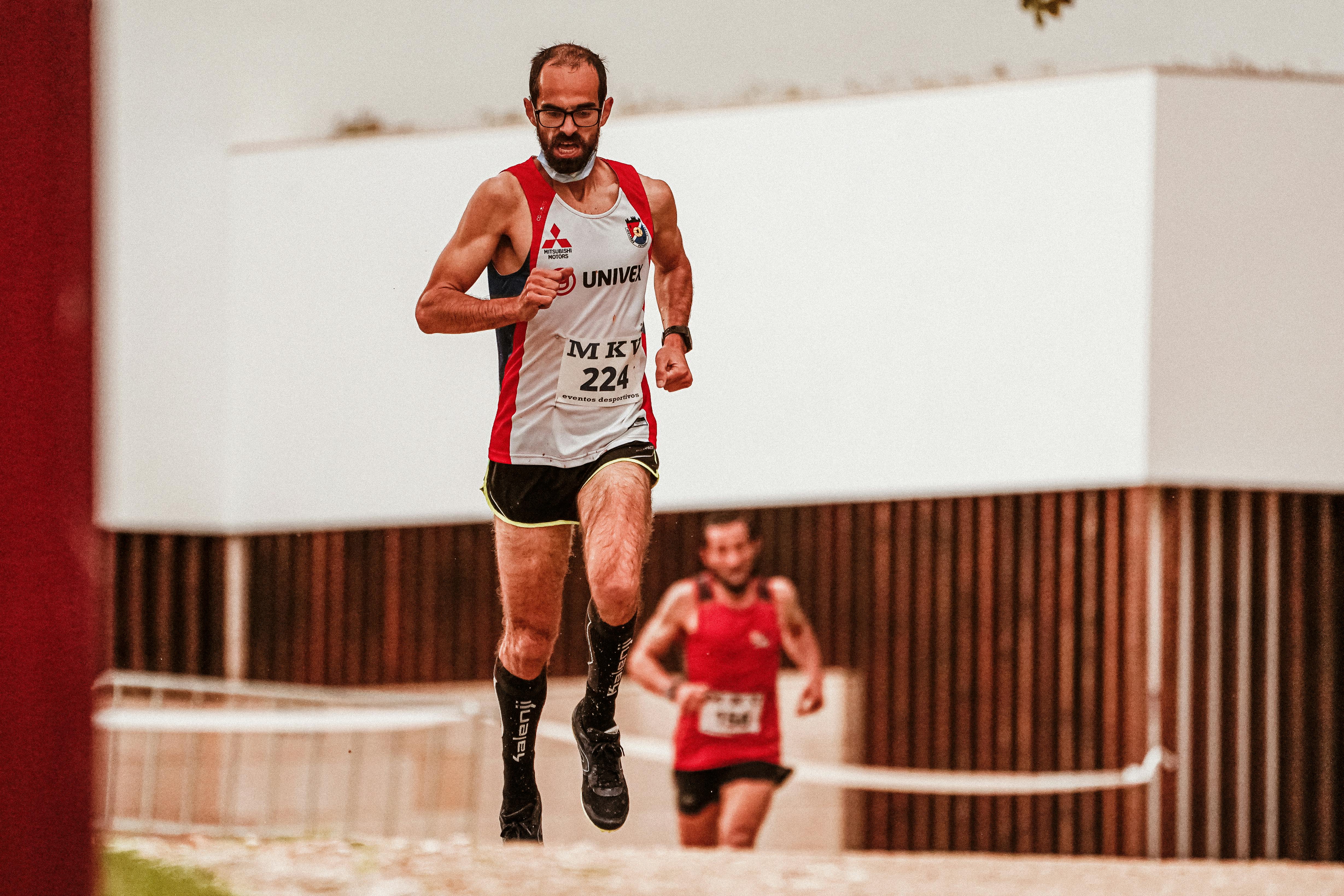If you want an answer to this question, ask an Olympic weightlifter and they’ll tell you… Every muscle!
When you raise weights, all muscles and all parts of the body come into play. Olympic weightlifting is not about specific muscles. It’s about athletic performance, power development and whole body strength.
If we were to boil it down, the following muscles could be said to play the most important role in the Olympic Weightlifting process:
- hamstrings
- quads
- gluten
- rear traps
- back
Olympic weightlifters tend to build muscle size and strength, especially in the legs and back. But they build strength in their legs through the squats they do during the lifting process. The back muscles are used as stabilizers during the process.
If you consider the training that Olympic weightlifters go through, that’s probably where the most muscle is built overall. Practicing the snatch and clean will definitely work some muscle groups. But, a weightlifter at this level will be doing considerable training in addition to pure lifting.
It is common for weightlists in smaller weight categories to be strong, but not huge. Some professional bodybuilders will be bigger than them. On the other hand, at the top of the weight categories, those boys can be huge. But again, consider that size is not the goal here, but overall strength.
Momentum and joint use are a vital part of completing a lift. These are even more important to Olympic weightlifters than other types of competitive lifting. During the lift, the ankles, knees and hips have to work in concert with the muscles or life will fail. Momentum and speed are essential. The more weight, the longer it will take to lift. It is the lack of speed and impulse that will make the elevator fail.
Trying to use Olympic weightlifting as a means of bodybuilding is a mistake. It just isn’t going to target individual muscles and muscle groups like other types of weight training and powerlifting. If you are looking to improve flexibility, speed and general strength, then you should consider it. It will also lend strength to your cardiovascular system.
Many people think that Olympic weightlifting is dangerous and fringe. You must follow safety precautions, just like you do with any other type of training or lifting. But it can be quite rewarding as the goals are defined and challenging.
